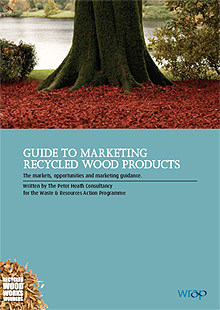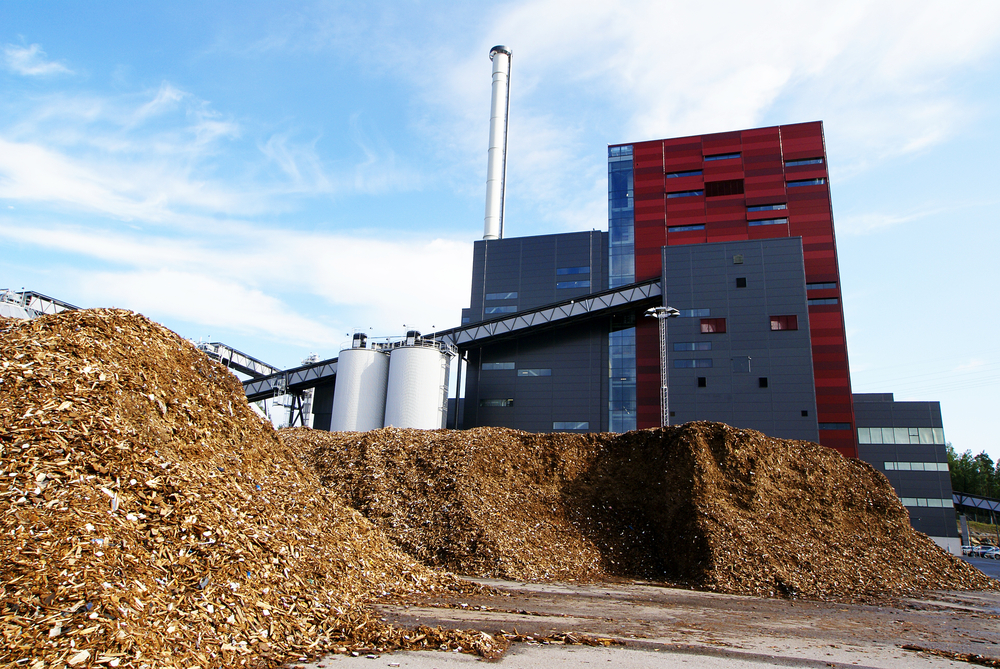WRAP – the Waste & Resources Action Programme – has produced a Guide to Marketing Recycled Wood Products, which it says contains key information needed to produce an effective marketing and promotional programme for a wood recycling business.
 WRAP's new guide provides information on how to market recycled wood products |
The step-by-step guide is designed in modular format for ease of use, covering the production and staging of a marketing plan as well as examining tools of marketing communication – advertising, direct mail, public relations, web site development, sales promotion and sales support materials.
The guide also contained information on potential sources of grant aid.
The publication – which is available at the WRAP website – includes an assessment of the market and business opportunities for recycled wood products and an explanation of the kind of products that recyclers will need to manufacture in order to meet market demand.
Recycled wood products covered by the guide include equestrian surfaces and bedding for horses, cattle, poultry and domestic animals as well as landscaping and horticultural products like decorative and coloured mulches, surfaces for pathways and play areas.
Energy
Despite WRAP's reluctance to promote the production of energy fuels from waste wood in the past, the guide does also include information about making renewable fuel for energy production, the organisation said – both domestic and commercial use as well as wood-fired energy plants.
| Related links: |
Julia Turner, material development manager for wood at WRAP, said: “As recycling companies are often so busy with their core activities, WRAP felt it would be beneficial to create a guide that provided a straightforward look at all the key elements of marketing.
“Simplicity has been key throughout as we wanted to avoid theory and jargon, so there are sections and topics to enable recyclers to be selective about the information most relevant to their businesses,” Ms Turner added.








Subscribe for free